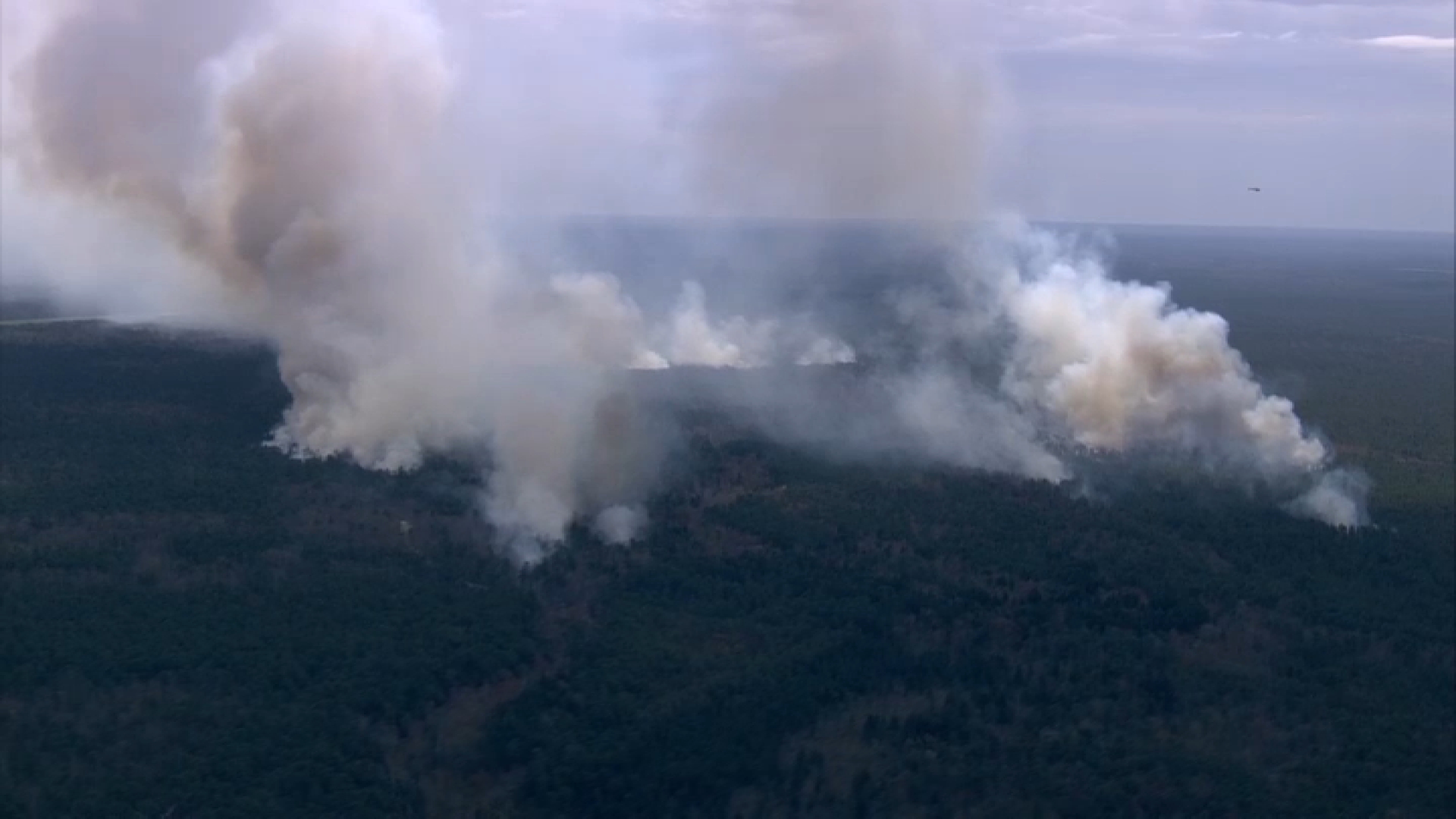Federal accident investigators are warning that a "major loss of life" could result from an accident involving the increasing use of trains to transport large amounts of crude oil.
They recommend a series of safety measures.
The National Transportation Safety Board took the unusual step of issuing its recommendations jointly with the Transportation Safety Board of Canada.
In July, a runaway oil train derailed and exploded in Lac-Megantic, Quebec. Forty-seven people were incinerated and 30 buildings destroyed.
Just this week, six cars derailed on a Philadelphia bridge carrying the same type of flammable crude that exploded in Quebec. The cars derailed over the Schuylkill River in a heavily-populated area near the University of Pennsylvania, Drexel University, Interstate 76 and three hospitals.
"As long as there's toxic crude oil hanging over the Schuylkill River on a twisted bridge ... there's still danger," said Marie Bloom, director of the environmental group Protecting Our Waters. Cleanup was still underway as late Thursday and the derailment happened early Monday morning.
"We came withing a hair's breadth of a calamity in Philadelphia," Democratic gubernatorial candidate John Hanger said after the derailment.
Local
Breaking news and the stories that matter to your neighborhood.
Last month an oil train derailed and exploded near Casselton, N.D.
The joint recommendations by the NTSB and Canada's Transportation safety board include planning routes for hazardous materials trains to avoid populated and other sensitive areas.
Also recommended are stronger efforts to ensure hazardous cargo is properly classified before shipment.



